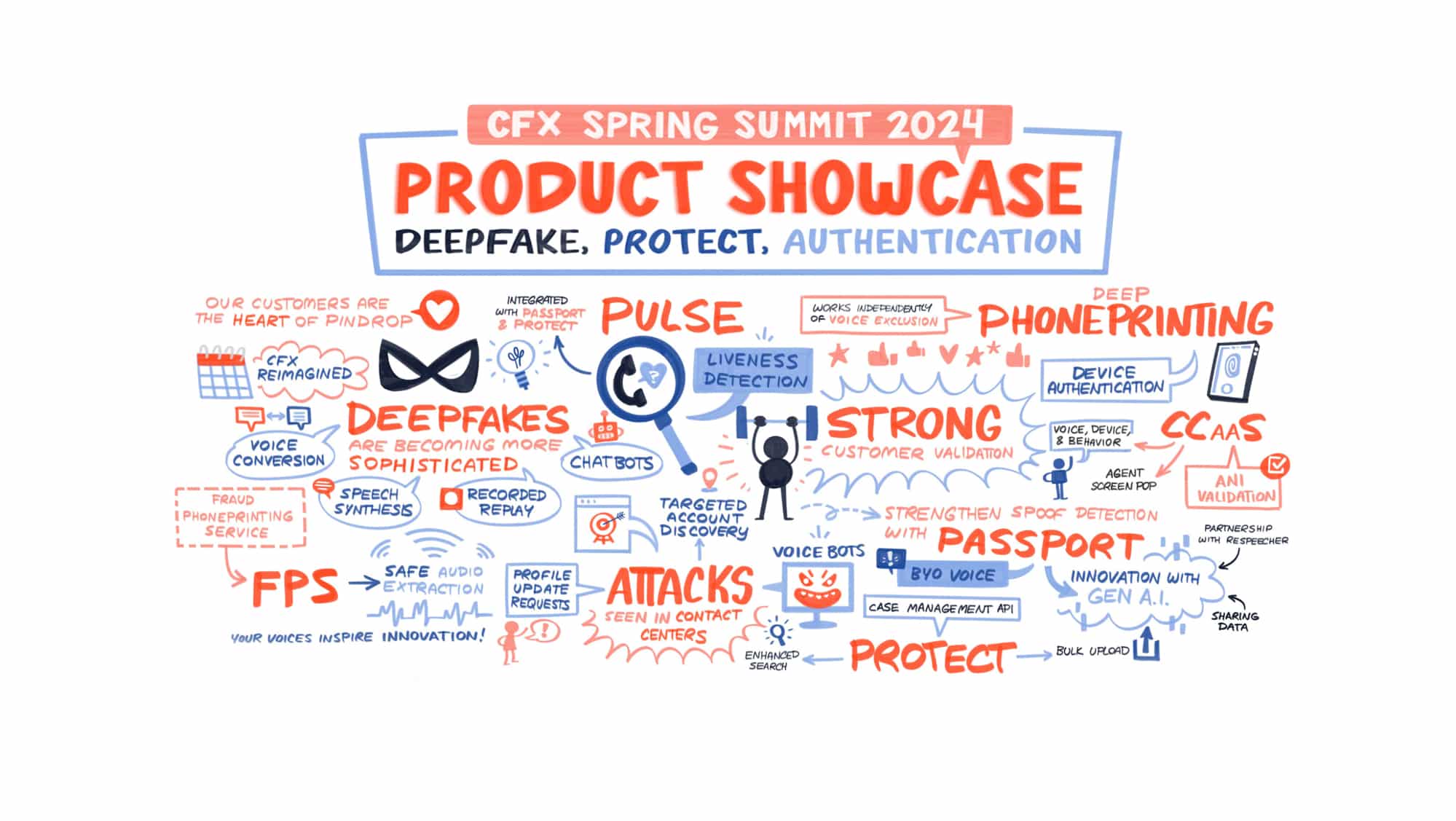The robocall problem long ago spread to mobile phones, but mobile carriers have been somewhat slow to react and address the issue. Sprint this week has taken a step to rectify that by announcing a plan to integrate enhanced caller ID features into its offerings.
The company announced Wednesday that it will be integrating technology from Cequint, a firm that develops anti-robocall and enhanced caller ID systems. Sprint officials said that the new services will be integrated into the company’s offerings by the end of 2016.
“We are always looking for ways to provide our customers with the best experience, and protecting them from unwanted robocalls is one of them,” said Mark Yarkosky, Sprint’s director of product management.
The change from Sprint comes at a time when both wireless and wireline carriers are looking for answers to the robocall problem. Consumers and businesses both are hit with millions of robocalls every day, many of them as part of phone fraud scams. This summer, FCC Chairman Tom Wheeler appealed to carriers to begin offering free robocall protection services to customers.
“In regard to the Commission’s expectations that carriers respond to consumers’ blocking requests, I have sent letters to the CEOs of major wireless and wireline phone companies calling on them to offer call-blocking services to their customers now – at no cost to you,” Wheeler said in July.
In response, AT&T has agreed to lead a new anti-robocall strike force that will work to find solutions to the problem. The strike force met for the first time in August, and a number of technology companies, including Google, Apple, and Microsoft, have joined the effort, as well.
“This strike force will need to take a different approach. If we truly want to deal with this, the entire ecosystem has to work together – carriers, device makers, OS developers, network designers. And don’t forget, regulators and lawmakers have a role to play. We have to come out of this with a comprehensive playbook for all of us to go execute,” AT&T Chairman and CEO Randall Stephenson said at the meeting.
A key element of most phone fraud scams is the use of caller ID spoofing software, which allows fraudsters to disguise their true originating numbers and make it appear as if they’re calling from a legitimate company. Many scammers use the software to impersonate IRS, credit card companies, or banks, offering a level of legitimacy to the call-in victims’ minds.
Image from Flickr stream of Mike Mozart.
Written by: Mike Yang
Recent Posts
- Pindrop’s ICASSP 2024 paper shows how room acoustics can enhance liveness detection
- Pindrop® Pulse, First to Accurately Detect Deepfakes from OpenAI’s Voice Engine
- 4 Top Cybersecurity Trends Discovered From Our Recent CFX Event
- Pindrop Named A Winner in the FTC Voice Cloning Challenge
- Pindrop® Pulse Excels in an Independent NPR Audio Deepfake Experiment


